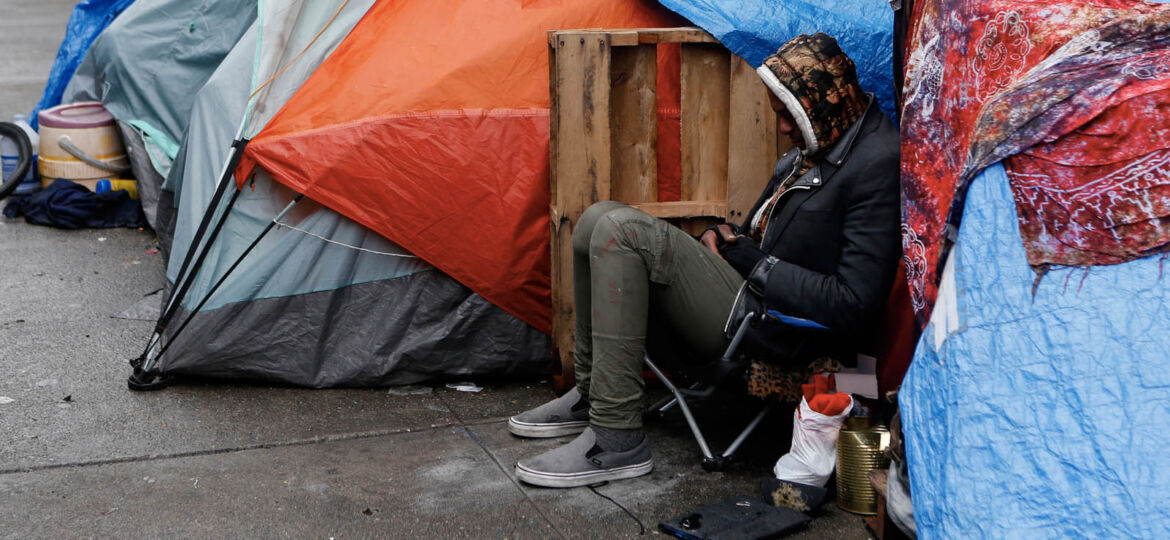
WHY THIS MATTERS IN BRIEF
The power of Bots is only just starting to be realised and it’s looking increasingly likely that the first industry they’ll disrupt is the legal profession.
The idea started with a desperate email from a woman in a UK hospital. She was scared of being discharged at the end of her treatment, because she had been evicted from her home and had nowhere to return to while in recovery.
That email landed in Joshua Browder’s inbox. He’s the creator of DoNotPay, an online robot that has successfully challenged over 160,000 parking tickets for drivers in London and New York City. Following the success of the DoNotPay bot, whose services are free of charge, Browder began to see his inbox fill up with questions and requests related to a wide gamut of legal issues.
DoNotPay is a chatbot designed to provide legal assistance. Users visit the website and “chat” via instant messenger with an automated service that asks them relevant questions. Once completed, the bot translates the user’s information into a legally sound document that can be used to appeal parking tickets. The chatbot’s services have also been expanded to allow users to file for flight delay compensation.
Browder, whom the BBC dubbed the “Robin Hood of the Internet,” has now turned the bot’s attention to homelessness.
“I started to receive a large number of messages about evictions and repossessions, and noticed that they were at the highest levels ever recorded,” he said. “I felt bad that I didn’t have the knowledge to personally help people, especially since they were being made homeless.”
In the UK, government housing is available for the newly homeless, but people like the hospitalized woman are required to write and file their own application letter. Without deep knowledge of laws or the money for legal assistance, people like her are left with few resources to help them get temporary shelter.
Browder decided to extend DoNotPay’s services and offer a way to easily file for government housing without paying a cent. Users visit DoNotPay.co.uk, register, and answer questions related to their individual circumstances, such as the reason for homelessness or any critical medical conditions or disabilities. The bot automatically generates a completed application designed to maximize an applicant’s chances of getting placed in a home. For example, if a person reports to the bot that they have a mental illness, the bot will rearrange the claim letter to focus on this.
According to the Guardian, evictions are at a record high in Britain, the only country where DoNotPay’s housing feature is available. A mix of welfare cuts and rising rent costs has led to a 53 percent increase in evictions in the country between 2010 and 2015. Last year, 42,728 tenants in rented homes were evicted.
In the United States, foreclosures and repossessions soared after the 2008 financial crisis and have had a slow recovery. Browder, who moved to the United States last year to attend Stanford as an undergraduate student, hopes to soon expand the housing bot to New York City. Housing applications are already available online there and Browder hopes to make his bot available to assist and educate tenants facing eviction or repossession.
“Every jurisdiction is slightly different,” he said.
But Shelly Nortz of Coalition for the Homeless, a New York City-based advocacy group, isn’t sure that a chatbot is the best solution for New Yorkers facing homelessness.
“Automation can be helpful, but it can also be incredibly flawed. A lot of our clients don’t fit into cookie-cutter situations and I’m afraid of vulnerabilities that could rise from a bot handling applications and other legal issues,” she said, adding that nuanced issues such as immigration status, mental illness, criminal justice history and many other eligibility factors might not be addressed by a chatbot. Nortz said that tenants often need in-person legal assistance to help them fight eviction from landlords armed with their own lawyers.
Nortz believes that there are better solutions to the problem of homelessness in New York, citing more government funding to build housing as the top priority.
“These issues are a lot more complicated than a parking ticket,” she said – but then while that’s true legal aid is expensive and still out of the reach of most of the people in these situations and some help, wherever it hails from, is better than none.
But Browder sees bots as one way to level the playing field for low-income and disenfranchised groups. Since 2014, DoNotPay has helped to overturn $4 million worth of parking tickets and Browder says since the success of the bot, he has been courted by bankruptcy firms across the country wanting to use his technology to find and assess potential clients and to automate the filing process. Many have told him they could profit from these cost savings.
“Ironically, these sorts of ‘partnership requests’ have made me realise just how much I need to replace these lawyers for free,” he said.

















[…] – they weren’t all mine by the way… and helped vulnerable people apply for emergency housing is now turning the bot to helping refugees claim […]